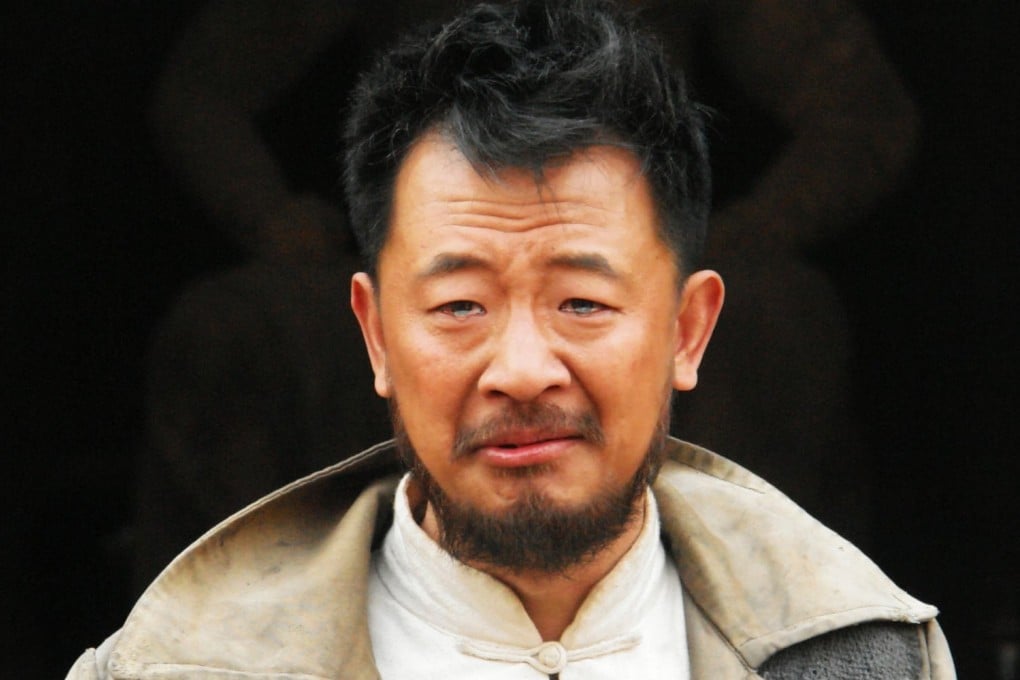Huang Haibo's case sheds light on the detention of prostitutes and clients
Decision by police to detain Huang Haibo has state media, for the first time, questioning possible violations of the constitution

More than three weeks ago, when Huang Haibo was placed in 15 days' detention for soliciting a prostitute at a Beijing hotel, the scandal surrounding the popular television actor was hotly debated among the public, with his critics and sympathisers in about equal measure.
Last week, when Beijing police decided to detain Huang for a further six months under what is called "detention and re-education for those involved in prostitution", opinion swung abruptly to overwhelming support for Huang, with an outcry against what many saw as a government abuse of human rights.
Earlier, the debate was about the conduct of a man regarded as a "nice everyman", with critics saying his behaviour was immoral while sympathisers said he should not be too closely scrutinised for his actions.
Now Huang's extended detention shifted attention to a far bigger controversy, with many legal experts questioning the legitimacy of a government regulation to introduce this type of detention. Many saw it as reminiscent of a darker, more repressive era.
In an open letter to the Standing Committee of the National People's Congress last weekend, some 40 lawyers, legal experts and leading scholars including Jiang Ping called for the regulation to be annulled, arguing that it lacked legal foundation and jeopardised justice. Jiang is a former vice-chairman of the NPC Standing Committee's Law Committee and a former president of the China University of Political Science and Law.
Early last month, a similar letter by 108 people including former legislative staff, legal professionals and women's rights activists was sent to the NPC Standing Committee.
A key argument of both was that the administrative procedure for handing down detention and re-education, regulated in 1993 by a State Council regulation, violated the spirit of China's constitution and the Legislation Law.